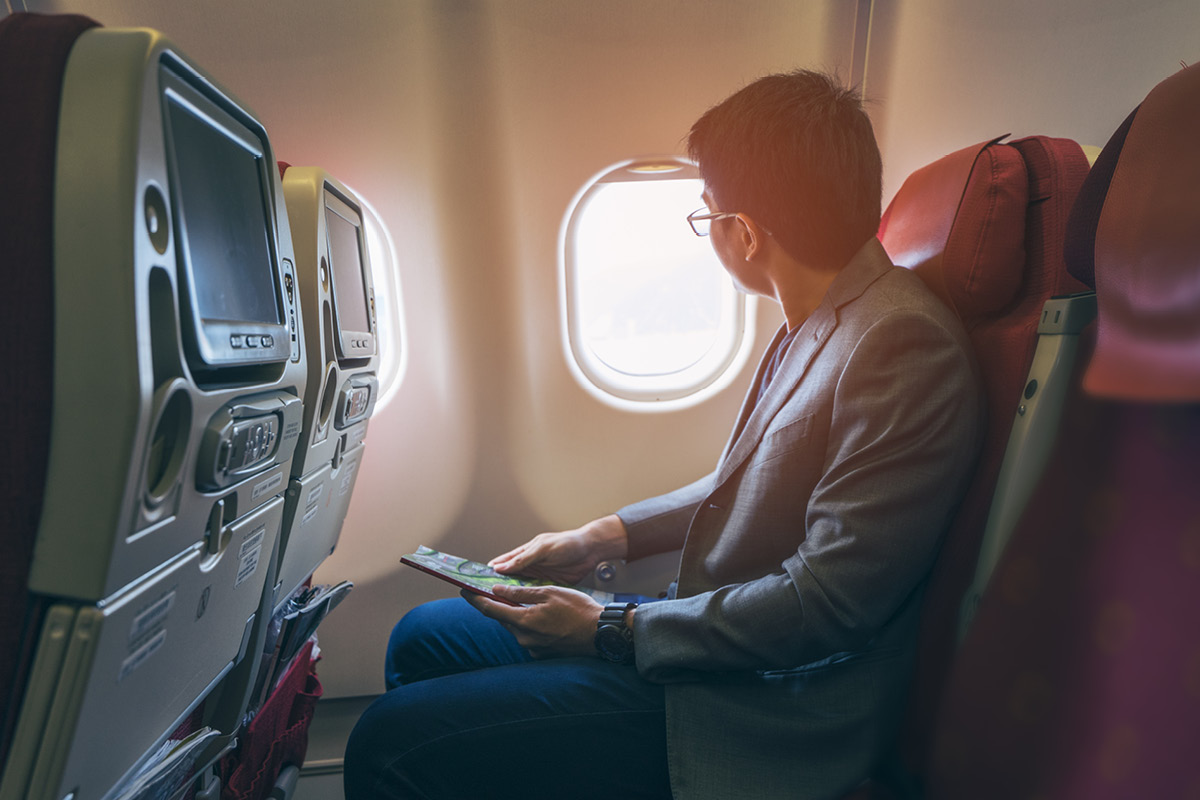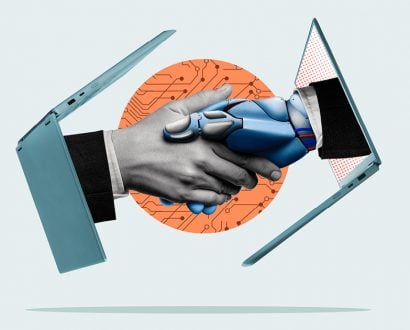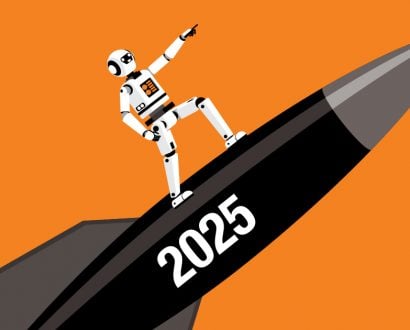With so much activity in the travel technology space, it can be hard to differentiate between a genuinely useful piece of technology and a gimmick.
Here are five key technology trends shaping business travel for 2018:
-
Consumerisation of travel gives business travellers more options
Increasingly, business travellers want to manage and book their professional travel the same way they do their personal travel. That means finding the best deals on flights and accommodation, and choosing from a wide range of suppliers rather than being locked into a company-approved option. The rise of so many websites dedicated to helping travellers choose the best and cheapest option has made this easier.
Similarly, the rise of sharing apps such as Uber and Airbnb also gives business travellers more choice. Airbnb accommodation can be cheaper and homelier than business hotels, which can contribute to employee happiness and productivity. As it becomes easier and more cost-effective to use these sharing economy alternatives to traditional business expenses like hire cars and hotels, businesses will sit up and take notice.
-
VR and AR may give business travellers a different perspective
As virtual reality (VR) and augmented reality (AR) become more reliable and affordable, people can get the feeling they’re in the same room even if they’re on the other side of the world. This will cause businesses to rethink business travel, reserving it for when a face-to-face presence is genuinely required. This will reduce the pressure on frequent travellers.
-
AI will manage your bookings
Artificial intelligence (AI) will continue to expand and business travellers already often finalise travel arrangements without interacting with another human unless their request is unusual or requires special attention. This will deliver cost savings and efficiencies to airlines, hotels, and other travel industry companies.
The costs may either be passed on to travellers or these suppliers may invest in providing a higher level of personalised service. At the company level, AI could be used to predict when employees need to travel by picking out select phrases and dates from emails and other communications, then automatically book the travel arrangements required.
This would save employees a significant amount of time on manual work and let them spend more time on core activities. If the AI system knows, for example, that an employee always attends a certain conference, it can automatically book the conference tickets, flights, accommodation and transfers without any human intervention.
-
Trust-based systems will streamline the act of travelling
Trust-based systems will streamline travel by pre-vetting visitors to countries and fast-tracking their path through customs. Australia plans to automate 90% of incoming international air travel processing by 2020 using a combination of facial recognition, fingerprints and iris scanning to identify passengers without the need to show passports. Seamless travel will save time and reduce stress, making business travel more convenient and efficient.
-
Duty of care will be easier to fulfil
Duty of care will remain top of mind for companies, many of which are just starting to grasp the enormity of what’s required to keep employees contactable and safe while travelling.
Businesses will look to streamline this process with tools that tell them exactly where employees are at all times, and let them communicate instantly with employees if there’s an emergency or natural disaster. Getting these employees home safely will be made easier through the use of these systems.
And duty of care is not just about security, it’s also about employees’ health and wellbeing, and how that affects your business performance.
Frequent business travellers can find their health suffers as they spend more time on planes and eating out, which can make it hard to maintain a healthy lifestyle. Businesses may therefore rely on wearable technology to encourage employees to stay active while they travel, thus fulfilling their duty of care regarding employee wellbeing.







